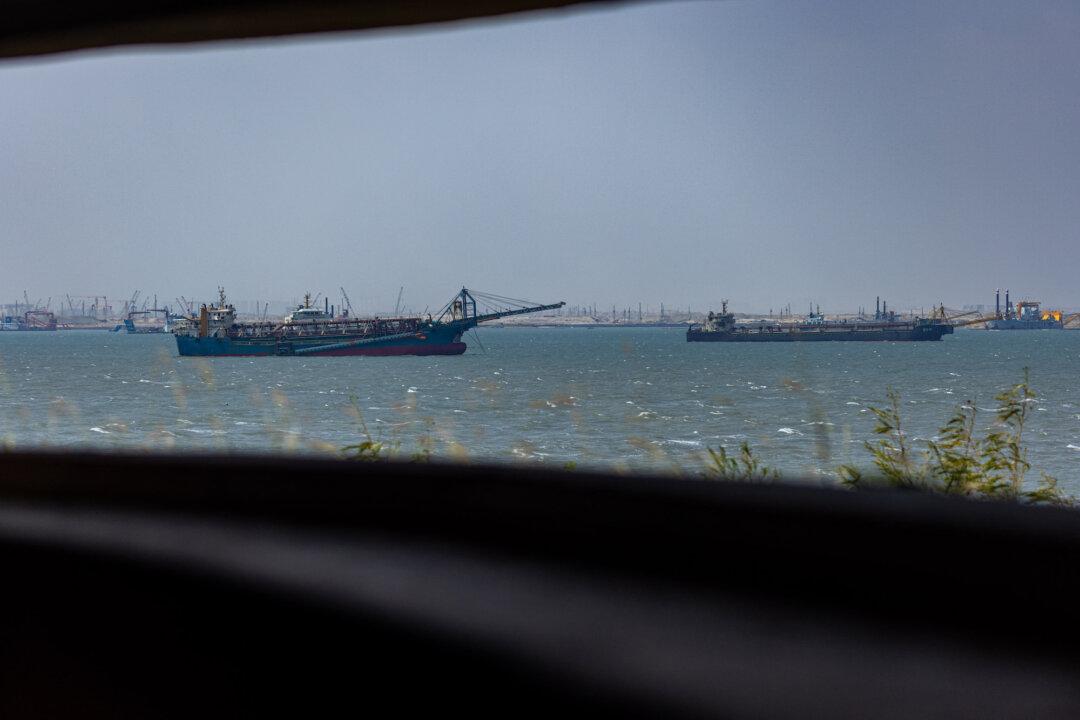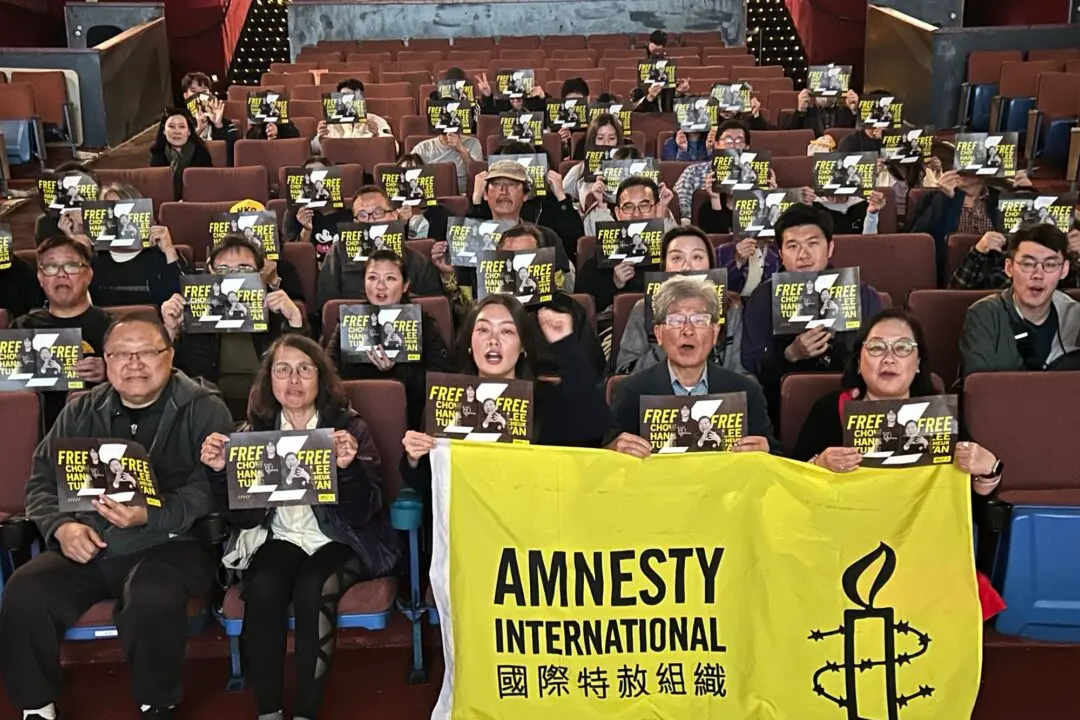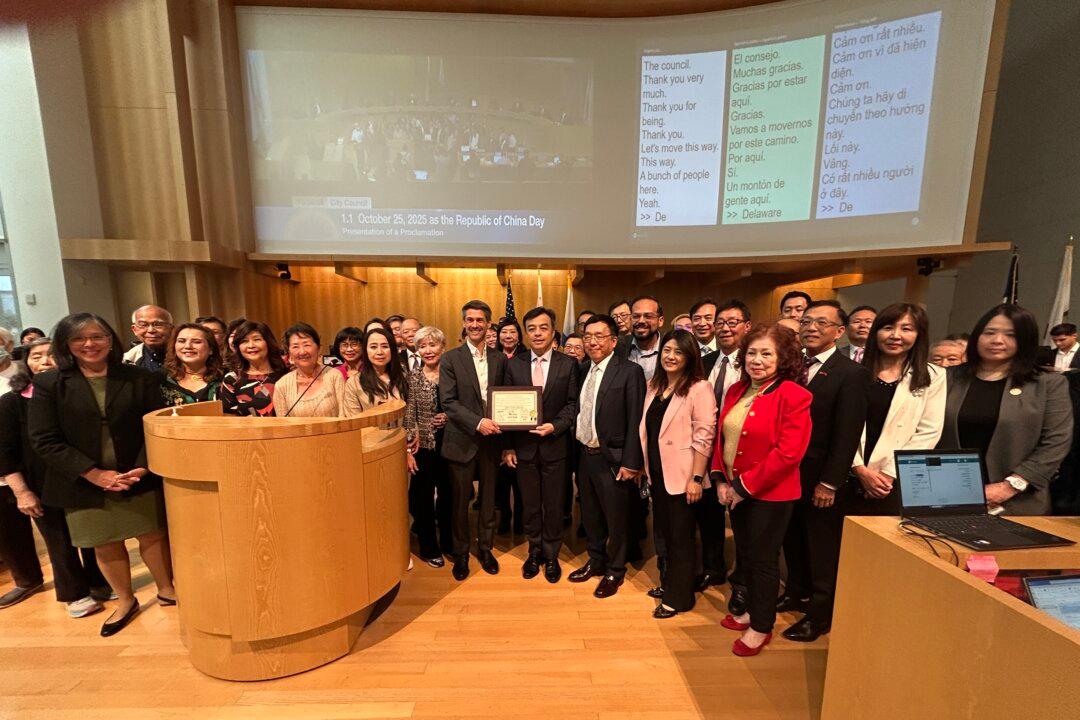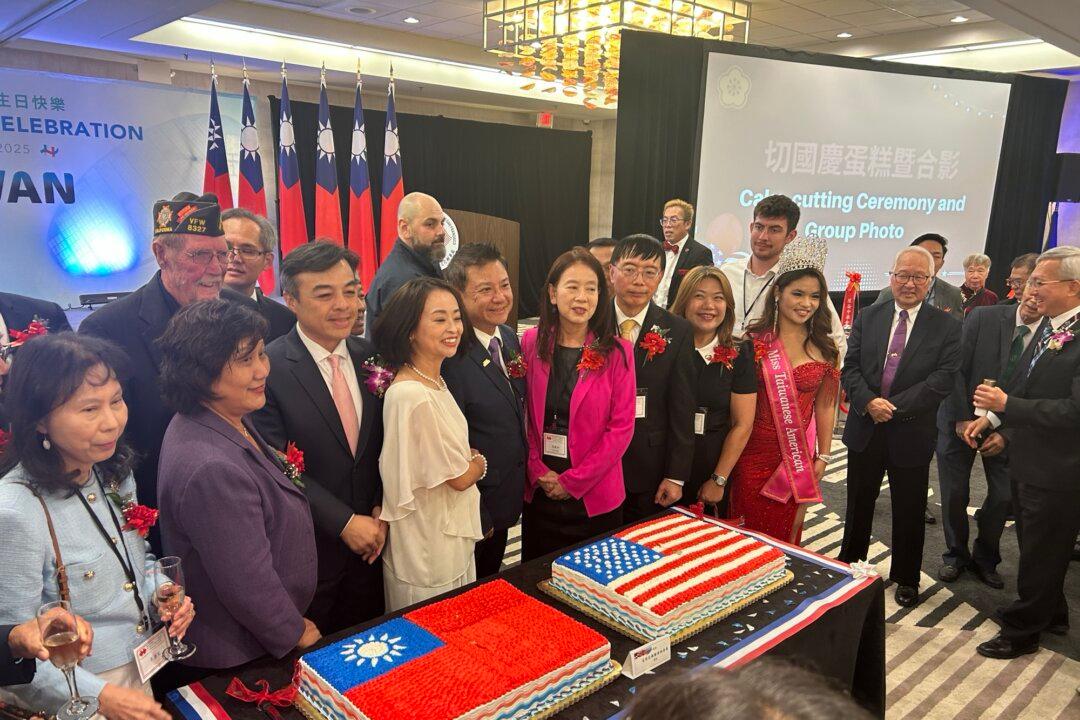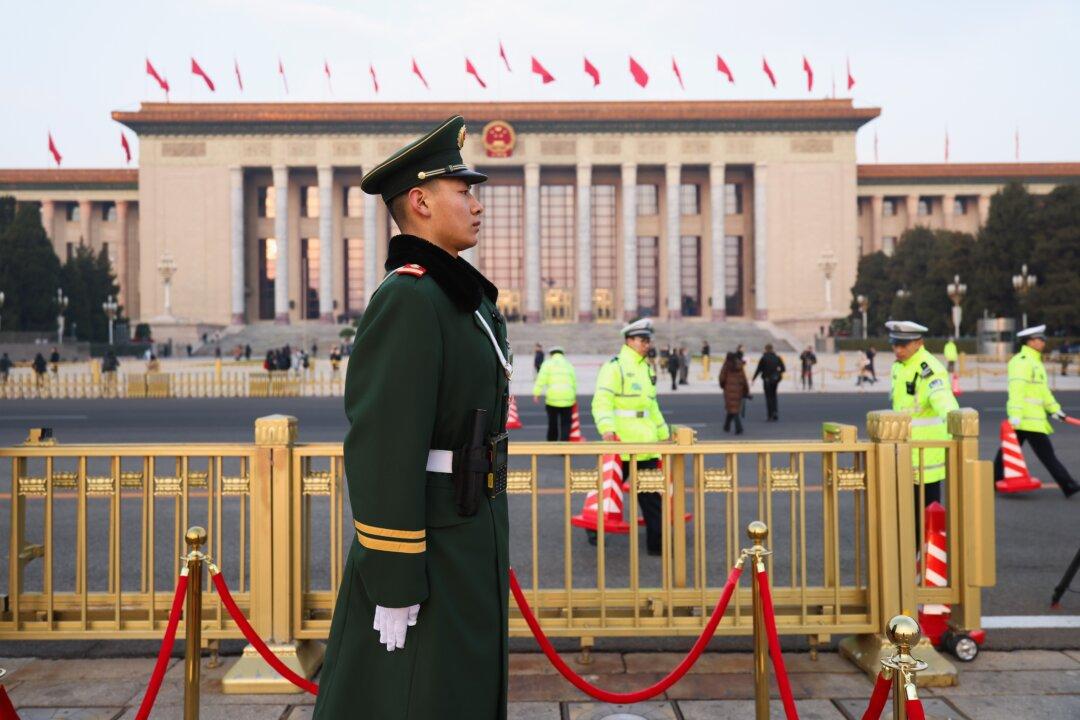Commentary
Kinmen Island is famous in history for the 8.23 Artillery Battle between China and Taiwan, which began on Aug. 23, 1958, and ended on Jan. 1, 1979. It lasted for over twenty years and was drawn to a close on the same day that China and the United States established diplomatic relations.
